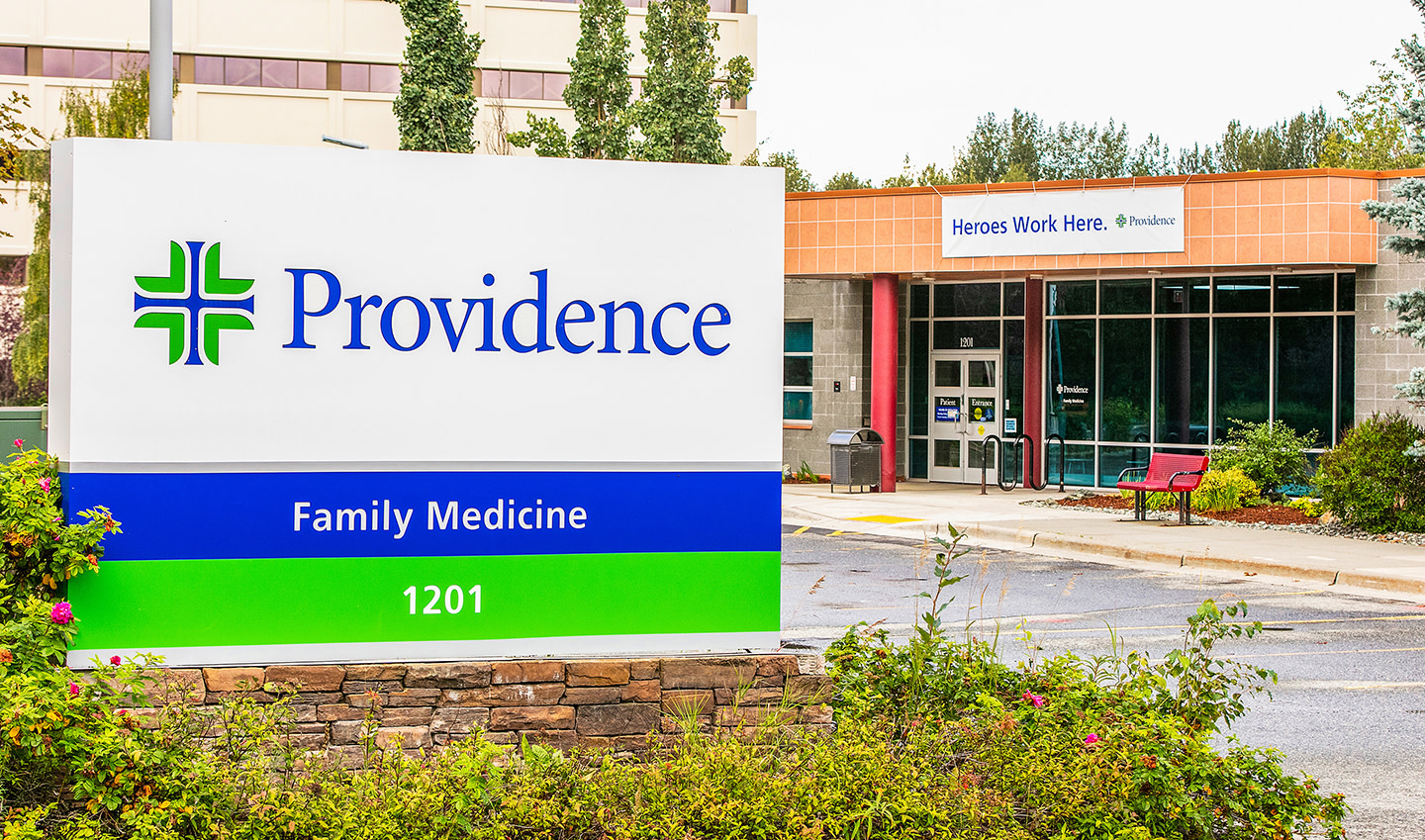Wellness checkups are for all ages
[5 MIN READ]
In this article:
- Now is the time to get back on track with your health and wellness. An annual wellness exam is a great starting point.
- Wellness exams are about your whole health – including your mental, physical, and emotional health.
- Wellness exam only take around 30 minutes.
Over the past few years, many of us weren't seeing the doctor regularly for a variety of reasons. This means many people skipped care for just about everything from annual wellness exams to treatment for new, potentially serious conditions, including:
- Preventive care
- Outpatient general medical appointment
- One or more doses of prescription medicine
- Outpatient mental health appointment
- Elective surgery
- New, severe mental or physical health issue
Now it’s more important than ever to get back on track with your health and wellness.
Why well care matters now
Doctors have long touted the benefits of regular wellness exams: You can learn about what diseases you may be at risk for and take steps to reduce that risk. You can start treatment in the early stages of a condition (like high blood pressure) before it leads to serious consequences (like stroke or heart attack).
At the end of the day, early diagnosis of disease and conditions lead to better outcomes, lower costs, and fewer missed workdays because of illness.
Ready to prioritize your good health? Here are a few well visits to move to the top of your list.
Prioritizing appointments to book today
Instead of staring at a laundry list of to-do items, prioritize what’s most important to your well-being and healthy lifestyle. And if you’re not sure where to start, here are a few things to consider putting at the top of your list.
Schedule your annual wellness exam
One of the most important doctor’s appointments you can make is your annual wellness exam. Yes, it’s an appointment to make (and keep) even when you’re feeling good. That’s because your annual physical gives you the opportunity to check in with your doctor. You can discuss any new or concerning symptoms and stay up to date on any necessary health screenings based on your age and risk factors.
Most importantly, your wellness exam doesn’t just cover your physical health. Your doctor will check in on your whole health – including your mental, physical, and emotional health. You may talk about a wide range of subjects, including:
- Heart health – Do you have any risk factors for heart disease, or has your lifestyle changed?
- Healthy lifestyle – Are you eating healthy and getting enough exercise? (Don’t stress – many of us aren’t. A conversation with your doctor may be just the pep talk you need to find the activity you love and motivation you need to make a change!)
- Healthy weight – Weight can be a taboo subject for most of us. The reality is there is no perfect body type. But your doctor can help you come up with strategies and support to reach a weight that’s right (and healthy) for you.
- Mental health screenings – Are you struggling with anxiety or depression, like so many have over the past few years?
- Screenings – Basic screenings for blood pressure, cholesterol and diabetes can let you know your risk for developing these chronic conditions. And you can start making changes before issues arise.
- Sexual health – Do you need a new type of contraceptive or screenings for sexually transmitted infections (STI)?
- Vaccines – Are you up to date on your vaccines, including the flu, COVID, and tetanus?
Bottom line? A 30-minute appointment can go a long way in improving your wellness (and your wellbeing).
Check what cancer screenings you need (based on age)
Today, people are living longer than ever with a cancer diagnosis. A lot of that comes down to effective screening and diagnostic tests. That’s because the sooner cancer is diagnosed, the sooner you can start treatment – and the better your outcome.
Get back on track with these critical cancer screenings:
- Colonoscopy. People at average risk of developing colorectal cancer should begin regular colonoscopies starting age 45. Again, your doctor can discuss if you need to adjust this schedule based on your individual risk factors.
- Mammography. The American College of Obstetricians and Gynecologists (ACOG) recommends that individuals assigned female at birth have a mammogram every 1-2 years beginning at age 40 until age 75. Your physician can discuss how your risk factors may influence this schedule.
- Pap test. The Pap test and HPV screenings have dramatically reduced the rate of cervical cancer. The ACOG recommends individuals assigned female at birth begin regular cervical cancer screenings at age 21 and continue them through age 65.
Read more about cancer screenings to keep yourself healthy and well.
At the end of the day, we’re here to help you reach your health and wellness goals. Whether you need your doctor in person or online, we’re here for you.
Find a doctor
The healthcare professionals at Providence can help you keep up to date on your wellness exams and routine screenings. If you need to find a doctor, you can use our provider directory. Through Providence Express Care Virtual, you can also access a full range of healthcare services.
Download the Providence App
We’re with you, wherever you are. Make Providence’s app your personalized connection to your health. Schedule appointments, conduct virtual visits, message your doctor, view your health records, and more. Learn more and download the app.
This information is not intended as a substitute for professional medical care. Always follow your healthcare professional’s instructions.




